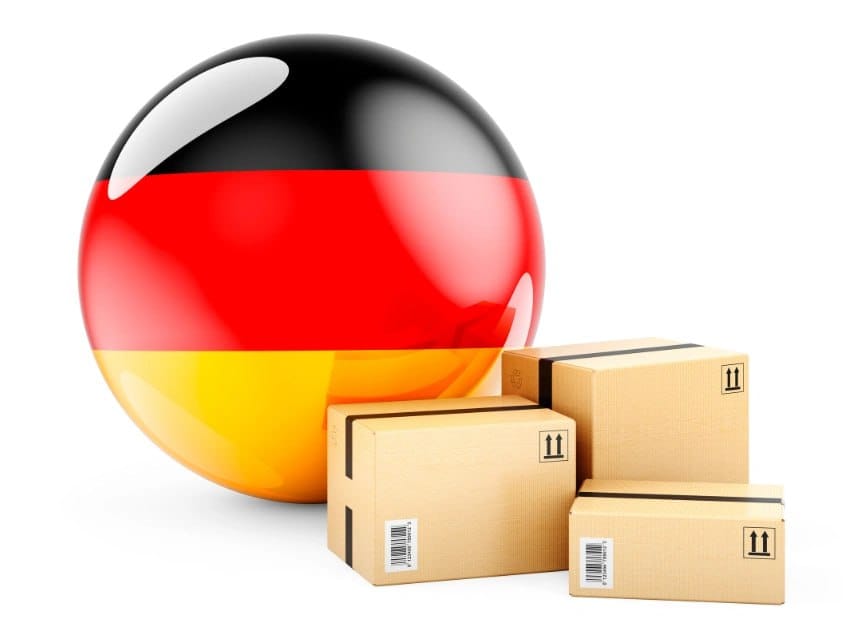
Decline in Germany’s composite PMI
Germany’s HCOB Flash Composite Purchasing Managers’ Index (PMI) fell to 47.2 in September 2024, marking the fourth consecutive monthly decline and the lowest reading since February. The figure came in below the forecasted 48.2 from August, signaling an intensifying downturn in private sector activity. A PMI reading below 50 indicates contraction, and the continued drop suggests that Germany’s economy is facing a deeper recession.
Manufacturing Sector Faces Significant Struggles
The ongoing decline in the composite PMI is largely driven by a sharp and sustained contraction in Germany’s manufacturing sector, which has been under pressure from weakened global demand, supply chain disruptions, and higher energy costs. Production levels in manufacturing have seen a continuous drop, with no signs of recovery in the near term. Germany, being one of the world’s leading industrial economies, has been particularly affected by the slowdown in global trade, impacting its key export industries, including automotive and machinery production.
Services Sector Stalls
While the services sector had been a source of resilience in recent months, growth in this area has also nearly come to a halt, contributing to the overall decline in the composite PMI. The slowdown in services reflects weaker consumer and business spending, as inflationary pressures and economic uncertainty weigh on demand. Sectors such as hospitality, retail, and professional services are struggling to maintain momentum amid rising costs and lower domestic demand.
Economic Outlook
The lower-than-expected PMI figure points to increasing economic challenges for Germany, as both manufacturing and services sectors face significant headwinds. The deepening contraction in private sector activity raises concerns about the country’s overall economic health, as Germany grapples with inflation, energy price volatility, and slowing demand from key trading partners.
Analysts warn that the prolonged weakness in Germany’s private sector could result in a more severe and prolonged recession than previously anticipated. Policymakers may face growing pressure to introduce additional measures to stimulate growth, while businesses and consumers will likely remain cautious amid the uncertain economic environment.
Share
Hot topics

What is a trading setup
Every trader experiences this: You access the chart; prices are moving up and down; you feel compelled to make a trade. Your thoughts switch back and forth from buying, selling,...
Read more




Submit comment
Your email address will not be published. Required fields are marked *